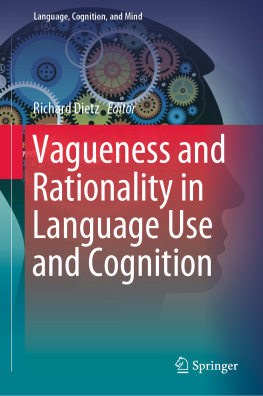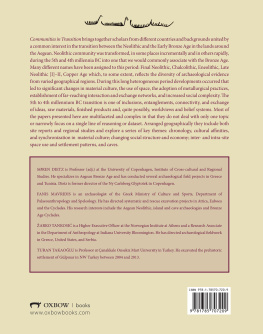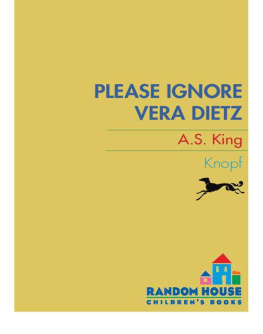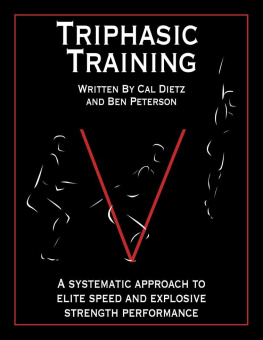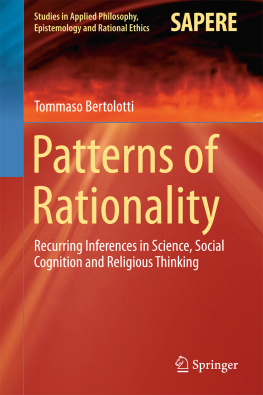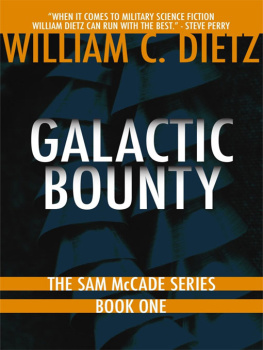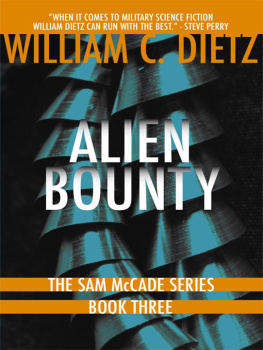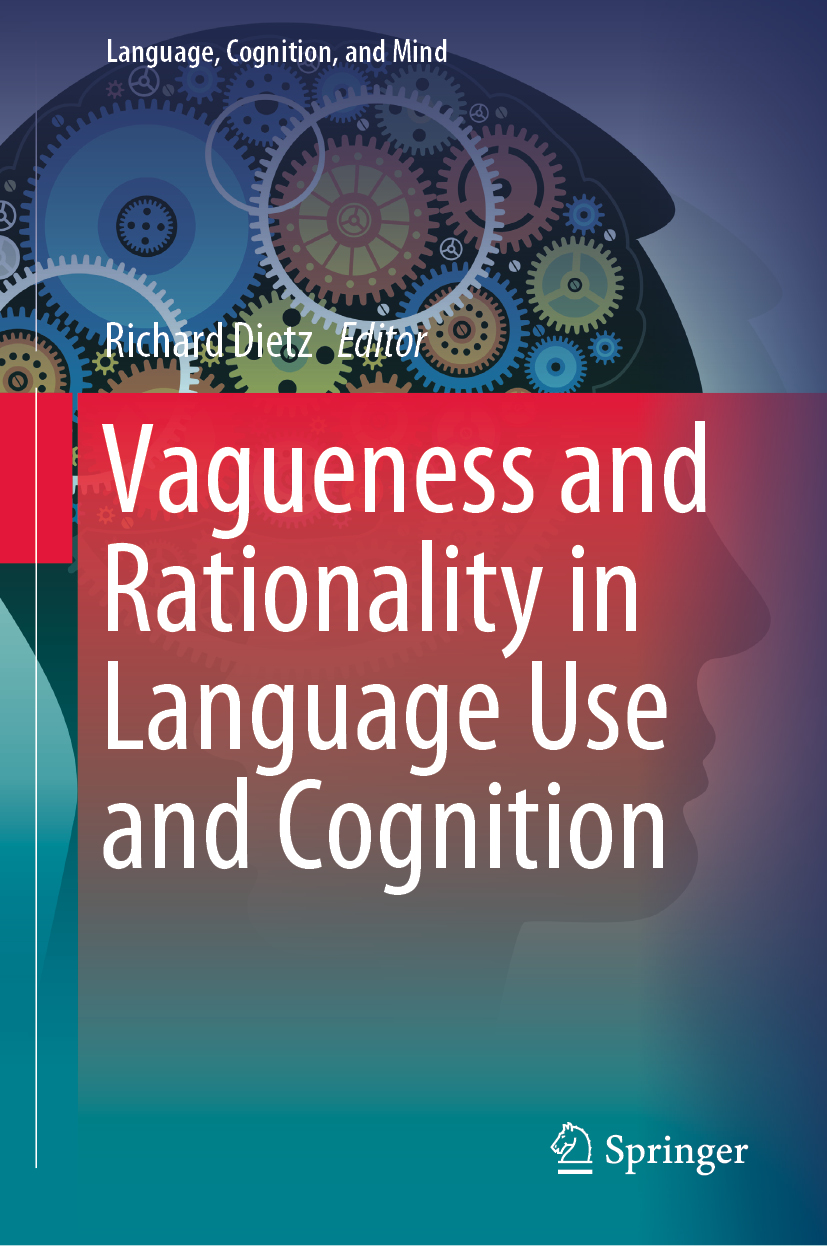Volume 5
Language, Cognition, and Mind
Series Editor
Chungmin Lee
Seoul National University, Seoul, Korea (Republic of)
Editorial Board
Tecumseh Fitch
University of Vienna, Vienna, Austria
Peter Grdenfors
Lund University, Lund, Sweden
Bart Geurts
Radboud University, Nijmegen, The Netherlands
Noah D. Goodman
Stanford University, Stanford, USA
Robert Ladd
University of Edinburgh, Edinburgh, UK
Dan Lassiter
Stanford University, Stanford, USA
Edouard Machery
Pittsburgh University, Pittsburgh, USA
This series takes the current thinking on topics in linguistics from the theoretical level to validation through empirical and experimental research. The volumes published offer insights on research that combines linguistic perspectives from recently emerging experimental semantics and pragmatics as well as experimental syntax, phonology, and cross-linguistic psycholinguistics with cognitive science perspectives on linguistics, psychology, philosophy, artificial intelligence and neuroscience, and research into the mind, using all the various technical and critical methods available. The series also publishes cross-linguistic, cross-cultural studies that focus on finding variations and universals with cognitive validity. The peer reviewed edited volumes and monographs in this series inform the reader of the advances made through empirical and experimental research in the language-related cognitive science disciplines.
More information about this series at http://www.springer.com/series/13376
Editor
Richard Dietz
Graduate School of Arts and Sciences, The University of Tokyo, Tokyo, Japan
ISSN 2364-4109 e-ISSN 2364-4117
Language, Cognition, and Mind
ISBN 978-3-030-15930-6 e-ISBN 978-3-030-15931-3
https://doi.org/10.1007/978-3-030-15931-3
Springer Nature Switzerland AG 2019
This work is subject to copyright. All rights are reserved by the Publisher, whether the whole or part of the material is concerned, specifically the rights of translation, reprinting, reuse of illustrations, recitation, broadcasting, reproduction on microfilms or in any other physical way, and transmission or information storage and retrieval, electronic adaptation, computer software, or by similar or dissimilar methodology now known or hereafter developed.
The use of general descriptive names, registered names, trademarks, service marks, etc. in this publication does not imply, even in the absence of a specific statement, that such names are exempt from the relevant protective laws and regulations and therefore free for general use.
The publisher, the authors and the editors are safe to assume that the advice and information in this book are believed to be true and accurate at the date of publication. Neither the publisher nor the authors or the editors give a warranty, expressed or implied, with respect to the material contained herein or for any errors or omissions that may have been made. The publisher remains neutral with regard to jurisdictional claims in published maps and institutional affiliations.
This Springer imprint is published by the registered company Springer Nature Switzerland AG
The registered company address is: Gewerbestrasse 11, 6330 Cham, Switzerland
Preface
The idea for this editorial project goes back to 2014 when I was invited to give a lecture series on vagueness at Seoul National University, where I met Chungmin Lee, the editor-in-chief of the Language, Cognition, and Mind (LCAM) series with Springer. One of the results of our discussions was Chungmins suggestion to contribute a volume on vagueness to the then just newly launched LCAM series. I put the idea aside at first, for lack of time. A couple of years later, I came back to the idea. By that time, it had become obvious to me that the fast-growing literature on vagueness and rationality deserves more attention. If there is something like a received view about vagueness as a theoretical issue, it seems to boil down to something that may be characterised in terms of formal logic only. Undoubtedly, this logical approach to vagueness has proven very productive in the last decades. But there is reason for doubt that there is no more of theoretical interest to vagueness than a logical puzzle. For one, the orthodox model of rational decision, expected utility theory, does not supply sufficient means of accommodating vagueness in utility and in credence adequately. There is a growing sense in decision theory that there is no straightforward fix to this limitation in a way that would do justice to empirical data. Insofar as decision theory is meant to provide a predictive model of real-world behaviour, it seems fair to say that this problem is not a minor one. For another, insofar as predictive models of behaviour are guided by the methodological presumption of rationality, the question arises how to square vagueness in preferences or beliefs with constraints on rational behaviour. In particular, the question of how vague language use may be explained as a kind of rational behaviour has received increasingly attention in the social sciences. It is my hope that this volume will make this cluster of related questions more visible on the map.
I would like to thank first and foremost Chungmin Lee for suggesting me editing this volume in the LCAM series and for giving me very helpful advice in this editorial project. Work on this project was made possible through a KAKENHI Grant-in-Aid (C) for Scientific Research (No. 16K02110) awarded by the Japanese Society for the Promotion of Science (JSPS) and a Research Fellowship for Experienced Researchers awarded by the Alexander von Humboldt Foundation. My thanks go to both awarding institutions. I am grateful to Dan Lassiter and an anonymous referee for their helpful reviews and to Nicole Standen-Mills for proofreading the whole volume. Finally, it has been a pleasure to work with Helen van der Stelt, Anita van der Linden-Rachmat and Ritu Chandwani.
Richard Dietz
Tokyo, Japan

